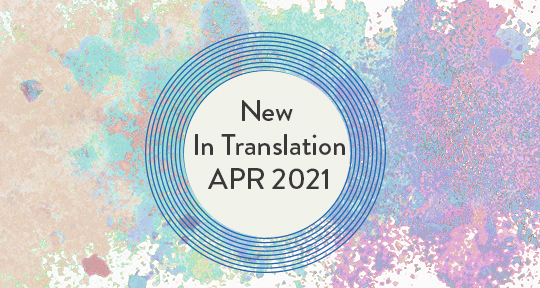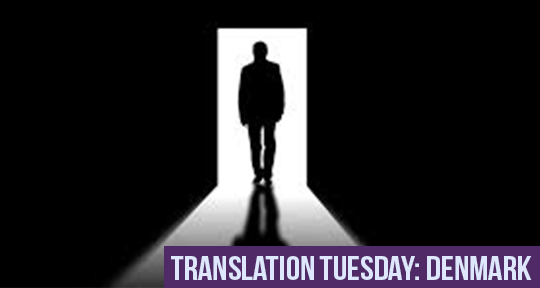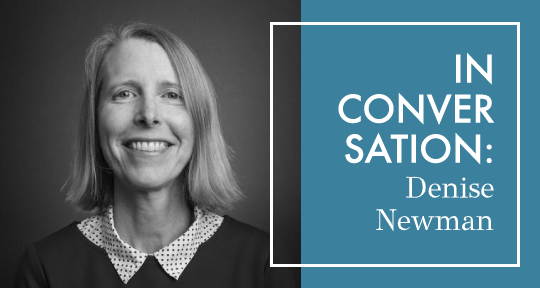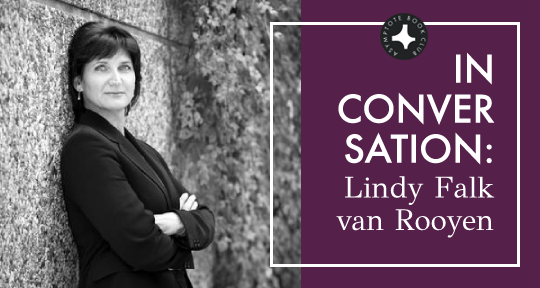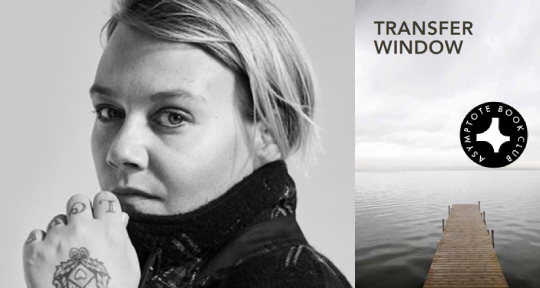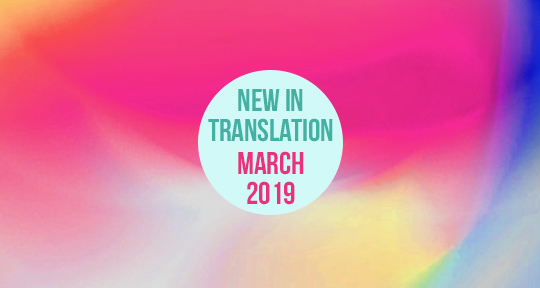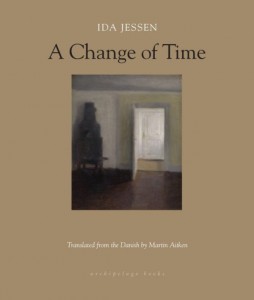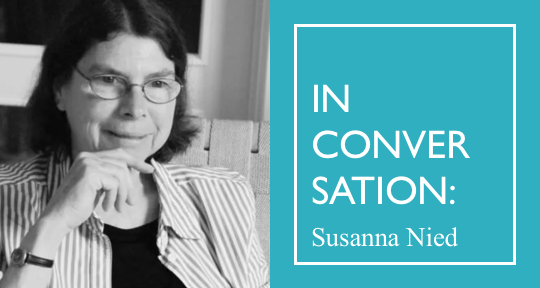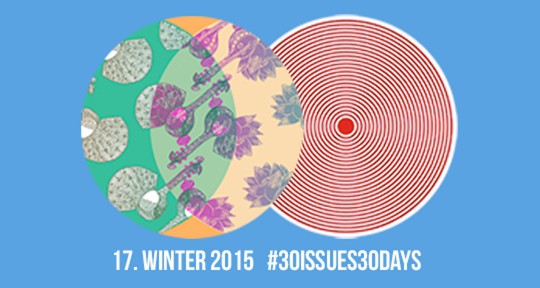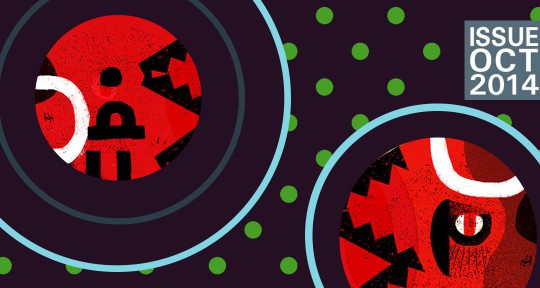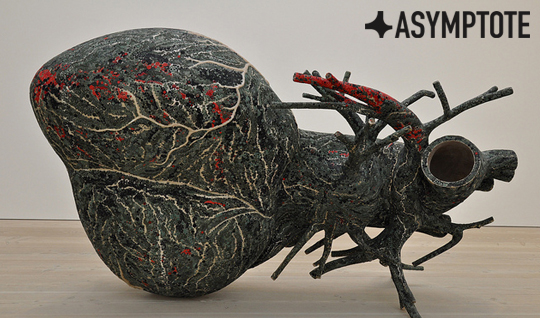Our chosen texts from around the world this month denote a certain defamiliarization with one’s environment, whether due to an intrinsic sense of alienation, or an enforced strangeness by a world unexpectedly altered. In literature, disparity is a powerful, effective motif for both the urgency of social commentary, and the exploration of the personal psyche, and the works presented here are exemplifications par excellence in both respects. From a collection of short science fiction tales from a Japanese counterculture icon, to a dual text of two poetry volumes by acclaimed Danish poet Pia Tafdrup, and a harrowing tale of exile and forced peripatetics in the immediate fallout of Kristallnacht. Read on to find out more!

Terminal Boredom: Stories by Izumi Suzuki, translated from the Japanese by Polly Barton, Sam Bett, David Boyd, Daniel Joseph, Aiko Masubuchi, and Helen O’Horan, Verso, 2021
Review by Rachel Stanyon, Copyeditor
Terminal complicity. Terminal addiction. Terminal jealousy. Terminal resignation. Terminal self-deception. Terminal love. Any of these could have been the title of Terminal Boredom, this engrossing first collection of short stories by Izumi Suzuki to appear in English translation. Given how prescient and succinct these tales are, it is surprising that they have taken this long to become available in English. With their worlds full of disillusionment and disaffection, youth unemployment and apathy, they will certainly strike a chord for modern readers interested in the emotional and societal effects of late capitalism, along with fans of sci-fi and speculative fiction.
In Japan, Suzuki is better known; there is even a novel (Endless Waltz by Mayumi Inaba, 1992) and a film (Koji Wakamatsu’s 1995 adaptation Endless Waltz) about the relationship between her and her jazz-musician husband, Kaoru Abe (Suzuki’s daughter sued over invasion of privacy at the book’s release, so read and watch as your conscience dictates). Suzuki, born in 1949, had a varied career, working as a key-punch operator, bar hostess, model, and actress, finding success as a writer before committing suicide in 1986, eight years after her then newly ex-husband had died of a drug overdose. These biographical details suggest that she understood intimately the sometimes hapless jobs, dependencies, and loneliness of the characters she depicts.
The scenarios constructed in the collections’ seven stories are varied enough to maintain interest, while the themes of apathy and detachment bind them together. “Women and Women” (tr. Daniel Joseph) describes a world plagued by resource scarcity in which men have been carved out of society and sent to a cunningly translated “Gender Exclusion Terminal Occupancy Zone” (GETO for short). This society is controlled through a sort of Orwellian erasure of history, and maintained by the complicity of the vast majority of its female inhabitants. Although the same-sex relationships are cast sympathetically, and, indeed, androgyny seems to be idolized throughout the collection, the story seems ultimately to condemn this ghettoized, vapid world. There does, however, remain a degree of ambivalence. The narrator soon comes across an escaped boy and “learn[s] the unexpected, dreadful truth about human life” before discovering that her mother was disappeared because she had fallen in love with a man and conceived naturally; in the end, though, our protagonist opts back into ‘normal’ life:
When I returned to my room, I noticed that my anguish was almost entirely gone. Women and women. Just as it should be. (. . .)
And yet . . . I put the pen down again before I was done. Now that I know about that thing, how can I ever be happy? To doubt this world is a crime. Everyone but everyone believes implicitly in this world, in this reality. I and I alone (well, probably not) know the great secret of this existence, and I’ll have to live out the rest of my life keeping it at all costs.
Right now, I have no intention of sacrificing my life for some underground resistance movement. But who knows, it might come to that someday.
The reader cannot, however, help but feel that it never will. READ MORE…

